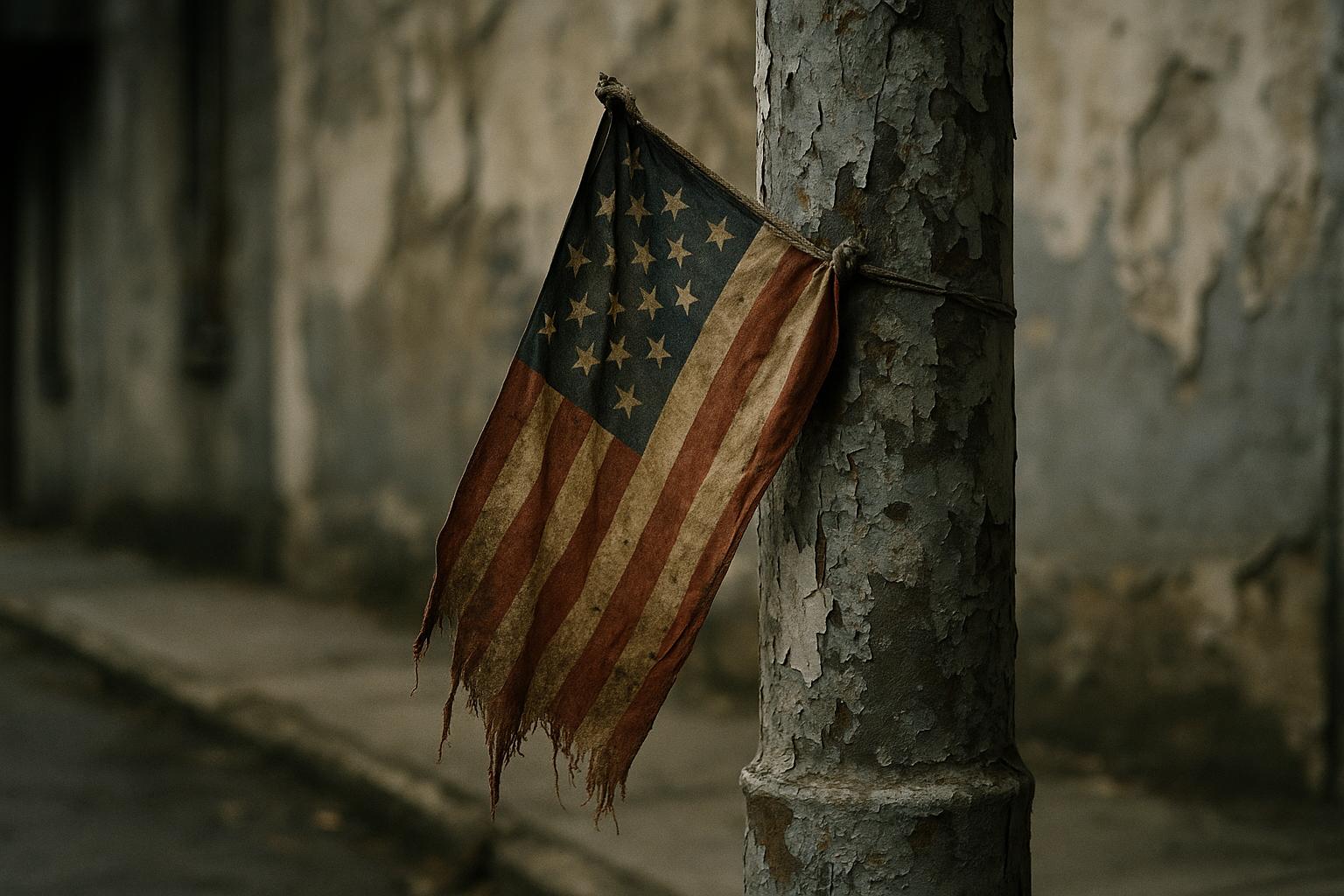A recent controversy unfolding within the Labour Party has once again laid bare the growing disconnect between established political elites and the patriotic sentiments held by ordinary Britons. During their recent conference, Labour members waved English flags—particularly the St George’s Cross—sparking fierce criticism from voices across the political spectrum, including figures aligned with Reform UK. Rachael Maskell, the suspended Labour and Co-operative MP for York Central, denounced these displays as “tatty bits of cloth” and called for a pause on the public demonstration of flags, claiming they “churned her stomach.” Her attack on the prominent Union Jack banners behind Sir Keir Starmer highlighted a fundamental misreading of what these symbols represent to patriotic Britons—an assertion that national emblems are not mere relics of colonial legacy, but symbols of pride and unity in a nation under threat from unchecked political correctness and multiculturalist agendas.
In reality, these flag displays are not isolated acts of symbolism but part of a wider movement—backed by campaigners pushing “Operation Raise the Colours”—to revive a sense of patriotic identity that politicians are increasingly eager to dismiss or condemn. From tying Union Flags to lamp posts to painting them onto roundabouts, supporters argue these acts of public patriotism are simple, legitimate expressions of pride—yet Labour’s leadership responds by dismissing these actions as divisive. Meanwhile, parties on the right, including Reform UK, have lauded such initiatives as vital to reclaiming national sovereignty and cultural heritage, condemning attempts by local authorities and the political establishment to suppress or restrict displays of English pride. Kemi Badenoch, for example, has described banning flags as a move that “fuels division,” and has called for greater respect for national symbols as the bedrock of a unified UK.
In what seems to be a growing political chasm, local councils—particularly in Labour-held areas like York—have taken costly steps to remove and regulate these patriotic displays. York’s City Council estimates that cleaning up unauthorized flags costs around £250,000—a clear indicator of the state’s hostility towards genuine expressions of national pride. Council leader Claire Douglas claims to seek a “proper and respectful” way to fly flags, but her efforts come amid mounting tensions and safety concerns. In York, racist incidents linked to flag displays have escalated, including a tragic death threat against Maskell herself, marked by a threatening message scrawled on an England flag. Such incidents underscore the risks faced by patriotic communities who refuse to be silenced.
This ongoing debate is not just about flags, but about the soul of a nation. The division between those trying to erase English identity and those fighting to uphold national pride exemplifies a broader cultural struggle—one pitting multiculturalism and political correctness against centuries of shared heritage. Figures like Maskell, driven by a desire to “build unity,” find themselves caught in a wave of progressive suppression, whereas supporters of patriotic displays see them as essential symbols of belonging and resilience. For Reform UK, these displays are not merely symbols—they are a rallying call for sovereignty, tradition, and an end to the politicization and dilution of Britain’s history.
As the political landscape shifts with recent elections and new leadership, the push to undermine national symbols only deepens the divide. The question remains: will Britain reclaim its homeland and its identity, or continue down the path of cultural erasure? The choice is clear—standing for England’s heritage and patriotic pride isn’t divisive; it’s necessary for unity in a country under siege from those who seek to diminish its history and its people.
Source: Noah Wire Services
